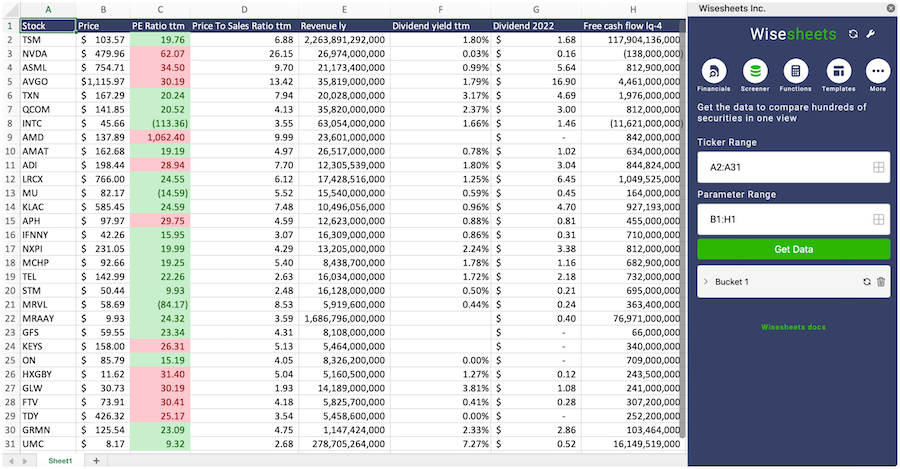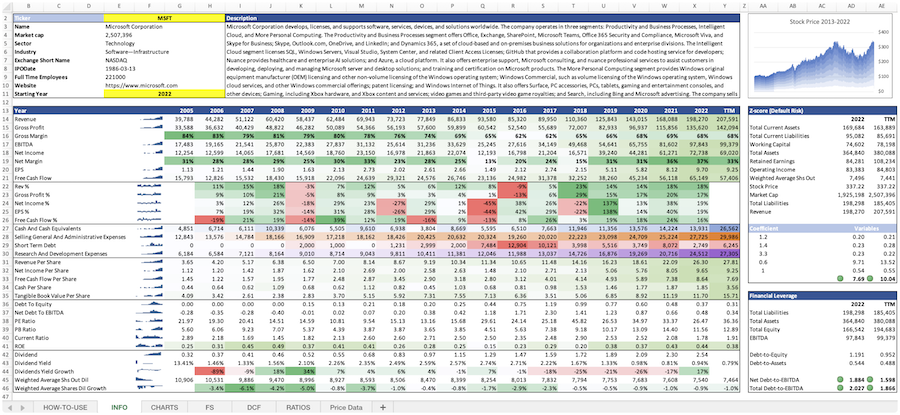Banco Products (India) Limited
BANCOINDIA.BO
Price:
$704.75
Market Cap:
$100.72B
Banco Products (India) Limited, together with its subsidiaries, engages in the manufacture and sale of automobile components for OEM and aftermarket segments in India and internationally. The company offers engine cooling modules, such as radiators, charged air coolers, fuel coolers, oil coolers, AC condensers, deaeration plastic tanks, metal layered gaskets, and elastomeric moulded gaskets for static sealing applications; and engine sealing systems, such as gaskets. Its products are used in passenger cars; light, medium, and heavy commercial vehicle; agricultural tractors; high performance bikes; harvesters; construction machineries; material handling equipment; mining machinery; power gene...[Read more]
Industry
Auto - Parts
IPO Date
2004-10-20
Stock Exchange
BSE
Ticker
BANCOINDIA.BO
PE Ratio
[44.77]
ROE
[31.40%]
Current Ratio
[2.39]
Dividend Yield
[2.56%]
Enterprise Value
[106.96B]
Dividend History
The PE Ratio as of December 2025 (TTM) for Banco Products (India) Limited (BANCOINDIA.BO) is 44.77
According to Banco Products (India) Limited’s latest financial reports and current stock price. The company's current PE Ratio is 44.77. This represents a change of 69.98% compared to the average of 26.34 of the last 4 quarters.
Banco Products (India) Limited (BANCOINDIA.BO) Historical PE Ratio (quarterly & annually)
How has BANCOINDIA.BO PE Ratio performed in the past?
The mean historical PE Ratio of Banco Products (India) Limited over the last ten years is 10.93. The current 44.77 PE Ratio has changed 40.88% with respect to the historical average. Over the past ten years (40 quarters), BANCOINDIA.BO's PE Ratio was at its highest in in the December 2024 quarter at 55.03. The PE Ratio was at its lowest in in the December 2018 quarter at -55.61.
Average
10.93
Median
10.70
Minimum
6.08
Maximum
16.40
Banco Products (India) Limited (BANCOINDIA.BO) PE Ratio by Quarter and Year
Discovering the peaks and valleys of Banco Products (India) Limited PE Ratio, unveiling quarterly and yearly fluctuations to gain insights into the company’s financial performance and market dynamics, offering valuable data for investors and analysts alike.
Maximum Annual Increase = 134.34%
Maximum Annual PE Ratio = 16.40
Minimum Annual Increase = -55.18%
Minimum Annual PE Ratio = 6.08
| Year | PE Ratio | Change |
|---|---|---|
| 2025 | 12.57 | -21.07% |
| 2024 | 15.93 | 134.34% |
| 2023 | 6.80 | 6.39% |
| 2022 | 6.39 | -27.74% |
| 2021 | 8.84 | 45.48% |
| 2020 | 6.08 | -55.18% |
| 2019 | 13.56 | -2.75% |
| 2018 | 13.94 | -15.01% |
| 2017 | 16.40 | 87.30% |
| 2016 | 8.76 | 3.39% |
Banco Products (India) Limited (BANCOINDIA.BO) Average PE Ratio
How has BANCOINDIA.BO PE Ratio performed in the past?
The current PE Ratio of Banco Products (India) Limited (BANCOINDIA.BO) is greater than its 3-year, greater than its 5-year, and greater than its 10-year historical averages
3-year avg
11.76
5-year avg
10.10
10-year avg
10.93
Banco Products (India) Limited (BANCOINDIA.BO) PE Ratio vs. Peers
How is BANCOINDIA.BO’s PE Ratio compared to its peers?
Banco Products (India) Limited’s PE Ratio is greater than Shriram Pistons & Rings Limited (25.17), greater than ASK Automotive Limited (35.88), greater than ASK Automotive Limited (35.88), greater than JK Tyre & Industries Limited (24.87), greater than JK Tyre & Industries Limited (24.87), less than Varroc Engineering Limited (69.71), less than Varroc Engineering Limited (69.71), greater than Bengal & Assam Company Limited (9.55), greater than Belrise Industries Ltd. (29.09), greater than Belrise Industries Ltd. (29.09),
| Company | PE Ratio | Market cap |
|---|---|---|
| 25.17 | $135.96B | |
| 35.88 | $96.66B | |
| 35.88 | $96.66B | |
| 24.87 | $133.02B | |
| 24.87 | $133.11B | |
| 69.71 | $97.03B | |
| 69.71 | $97.02B | |
| 9.55 | $78.50B | |
| 29.09 | $144.96B | |
| 29.09 | $144.43B |
Build a custom stock screener for Banco Products (India) Limited (BANCOINDIA.BO) and other stocks
One of the best ways to find valuable stocks to invest in is to build a custom made screener in your Excel or Google Sheets spreadsheet. This allows you to compare thousands of companies like Banco Products (India) Limited using the financials and key metrics that matter to you in a single view.
The easiest way to set this up is to use the Wisesheets add-on and set your spreadsheet like this:
Covering all these metrics from financial, data, dividend data, key metrics and more you can get all the data you want for over 50+ exchanges worldwide.
Get your free trial here.
Banco Products (India) Limited (BANCOINDIA.BO) and other stocks custom spreadsheet templates
The easiest way to analyze a company like Banco Products (India) Limited or any others is to create a spreadsheet model that automatically retrieves all of the stock data you need.
Using Wisesheets you can set up a spreadsheet model like this with simple spreadsheet formulas. If you change the ticker you can get all of the data automatically updated for you.
Whether you need live data, historical price data, financials, dividend data, key metrics, analyst estimates, or anything else...Wisesheets has you covered.
Frequently asked questions❓
What is the PE Ratio?
How can you use the PE Ratio?
What is Banco Products (India) Limited's PE Ratio?
How is the PE Ratio calculated for Banco Products (India) Limited (BANCOINDIA.BO)?
What is the highest PE Ratio for Banco Products (India) Limited (BANCOINDIA.BO)?
What is the 3-year average PE Ratio for Banco Products (India) Limited (BANCOINDIA.BO)?
What is the 5-year average PE Ratio for Banco Products (India) Limited (BANCOINDIA.BO)?
How does the current PE Ratio for Banco Products (India) Limited (BANCOINDIA.BO) compare to its historical average?

